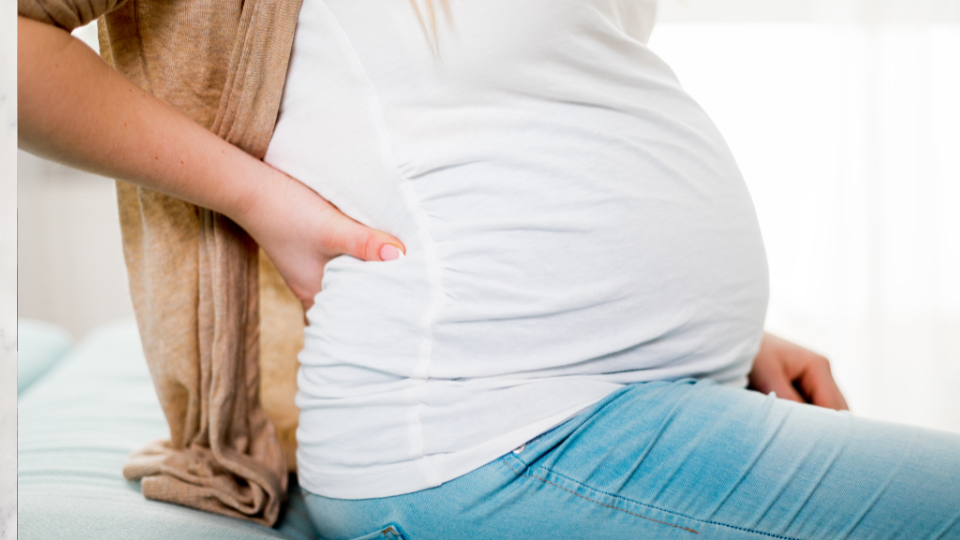Signs of a Twin Pregnancy
Pregnancy is an exciting time, and the prospect of expecting twins can be both thrilling and overwhelming. While many signs of pregnancy are common whether you’re expecting one baby or more, there are specific indicators that may suggest a twin pregnancy. Understanding these signs can help you prepare for a potentially more complex and rewarding journey. This guide provides insights into the signs of a twin pregnancy, how to confirm it, and what to expect along the way.
Common Signs of a Twin Pregnancy
1. Higher Levels of Human Chorionic Gonadotropin (hCG)
Understanding hCG Levels
Human chorionic gonadotropin (hCG) is a hormone produced during pregnancy. In a twin pregnancy, hCG levels are often higher than those typically seen in singleton pregnancies. Elevated hCG levels can lead to more intense pregnancy symptoms and may be a sign that you’re carrying multiples.
How to Measure hCG Levels
While home pregnancy tests can detect elevated hCG levels, a blood test conducted by your healthcare provider can provide more accurate information about your hormone levels.
2. Increased Morning Sickness
Severity of Nausea
Morning sickness, characterized by nausea and vomiting, can be more severe in twin pregnancies. Some women experience heightened symptoms, which can be attributed to higher hormone levels and the additional strain on the body.
Frequency of Symptoms
If you find that your morning sickness is more intense or persists throughout the day, it may be an indication of a twin pregnancy.
3. Larger Uterine Size
Measuring the Uterus
A larger-than-expected uterus can be a sign of a twin pregnancy. During routine prenatal visits, your healthcare provider may measure the size of your uterus. If it appears larger than what is typical for the gestational age, it could indicate that you are carrying more than one baby.
Feeling Larger
Some women report feeling noticeably larger earlier in their pregnancy, which can be attributed to the presence of multiple babies.
4. Rapid Weight Gain
Weight Gain Patterns
Weight gain is a normal part of pregnancy, but in a twin pregnancy, weight gain may be more rapid. If you experience significant weight gain earlier in your pregnancy compared to the typical pattern, it could be a sign of twins.
Monitor Your Weight
Keep track of your weight gain and discuss any concerns with your healthcare provider. They can help determine if your weight gain is consistent with a twin pregnancy.
You May Read: Everything About Miscarriage: Causes, Risk Factors, and Weekly Patterns
5. Extreme Fatigue
Increased Exhaustion
While fatigue is common in pregnancy, the extra demands of carrying twins can lead to more pronounced exhaustion. If you find yourself feeling unusually tired despite adequate rest, it may be a sign that you’re expecting multiples.
Impact on Daily Life
The additional strain on your body from a twin pregnancy can make it challenging to carry out daily activities, and increased fatigue is a common complaint among women with twins.
6. More Intense Fetal Movements
Feeling Movements Earlier
Some women with twin pregnancies report feeling fetal movements earlier than in singleton pregnancies. If you notice increased or stronger fetal movements, it could be an indication of twins.
Frequent Movements
Increased fetal activity or the sensation of movements coming from different areas of the abdomen can suggest that you are carrying more than one baby.
Confirming a Twin Pregnancy
1. Ultrasound Examination
Initial Ultrasound
An ultrasound is the most reliable method for confirming a twin pregnancy. It allows your healthcare provider to visualize the number of embryos and determine their development. Early ultrasounds can confirm the presence of one or more fetuses.
Follow-Up Scans
Your provider may schedule additional ultrasounds throughout your pregnancy to monitor the growth and development of both babies, especially in the case of high-risk twin pregnancies.
2. Blood Tests
Checking hCG Levels
While higher hCG levels can suggest a twin pregnancy, a definitive diagnosis is made through ultrasound. Blood tests can provide additional information about hormone levels, but they are not conclusive on their own.
You May Read: How TO Manage Stress And Anxiety During Pregnancy
Twins boy and girl symptoms
When expecting twins, whether a boy and a girl or two of the same gender, symptoms are generally similar. Common signs include higher levels of hCG, increased morning sickness, a larger-than-expected uterus, and more rapid weight gain. Ultrasound is the definitive method to confirm the presence of both genders.
Difference between single and twin pregnancy symptoms
What to Expect with a Twin Pregnancy
1. Increased Prenatal Care
More Frequent Visits
With a twin pregnancy, you can expect more frequent prenatal visits to monitor the health of both babies and address any complications. Regular ultrasounds and check-ups are essential for managing a twin pregnancy effectively.
Conclusion
Recognizing the signs of a twin pregnancy can help you prepare for the unique demands and joys of expecting multiples. Symptoms such as elevated hCG levels, increased morning sickness, larger uterine size, rapid weight gain, extreme fatigue, and intense fetal movements can indicate a twin pregnancy. Confirming this through ultrasound and blood tests provides a definitive diagnosis.
Understanding what to expect and working closely with your healthcare provider can ensure a healthy and successful pregnancy. With proper care and preparation, you can navigate the exciting journey of a twin pregnancy and look forward to the arrival of your little ones.






